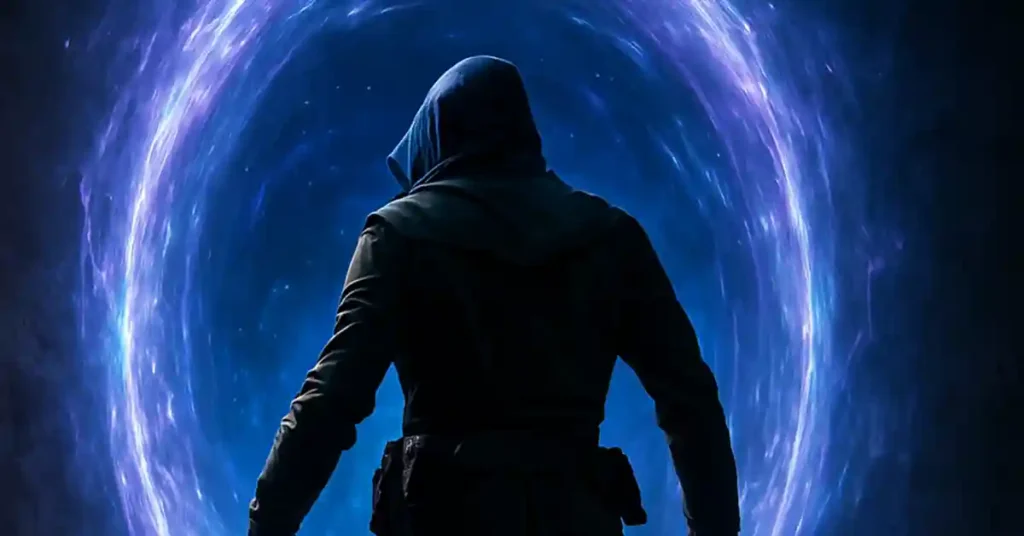Let’s be honest—writing time travel fiction is like trying to play four-dimensional chess while blindfolded, underwater, and emotionally compromised. But it’s also one of the most exciting genres out there. You get to mess with cause and effect, explore history (or the future!), and challenge your readers to think in loops instead of straight lines.
I’ve been deep in the time-stream myself while writing The Silent Guardian, and along the way, I’ve picked up a few hard-earned lessons. If you’re thinking about diving into this beautifully brain-twisting genre, here are my top tips for crafting effective, unforgettable time travel fiction.
1. Pick Your Time Travel Rules—and Stick to Them
This is non-negotiable. Whether you’re working with wormholes, quantum mechanics, or a toaster with mysterious powers, your story needs clear rules. Can people change the past? Is there one timeline or many? Does traveling through time hurt, or is it like a nap with special effects?
Once you’ve established your time travel mechanics, never break your own rules (unless your story is about breaking them—and even then, tread carefully). Your readers will notice inconsistencies faster than a paradox devours causality.
2. Create Characters with Emotional Stakes
Time travel is cool. Emotional stakes are cooler. Your protagonist shouldn’t just be skipping through centuries for fun—they should be running from something, trying to fix a mistake, or searching for someone lost to time.
Ground your wildest sci-fi ideas in human needs and flaws. That’s what keeps readers hooked. Remember: nobody cries over a broken timeline. But they’ll cry over a character who just wants to save their sister.
3. Embrace the Paradox
Ah, the dreaded grandfather paradox. Or the bootstrap paradox. Or the… you know what, there are a lot of paradoxes. Instead of fearing them, use them. Paradoxes are your playground.
But here’s the trick: lean into the weird. Make the reader feel the tension, the impossibility, the confusion. Then resolve it—or don’t. Sometimes, leaving a mystery unsolved is what gives time travel stories their haunting charm.

4. Play with Structure
Linear storytelling? That’s cute. In time travel fiction, you get to smash that into pieces and rearrange the narrative like a jigsaw puzzle from the future.
But always remember: just because your timeline is nonlinear, your emotional arc should still make sense. Readers should feel your character’s growth—even if it’s happening out of order.
Bonus tip: using dates, visual cues, or subtle shifts in language can help readers track where (and when) they are.
5. Research… But Not Too Much
Time travel often involves real historical events or speculative science. You want to be accurate enough that your world feels real—but don’t let research paralyze your creativity.
Your story doesn’t need a physics degree to be great. What it needs is internal consistency and believable human behavior in unbelievable situations.
6. End With Impact
A time travel story lives or dies by its ending. Did the character change the future? Did they fail? Did they become the villain without realizing it? (Hi, Adam Foster.)
Your ending doesn’t have to tie every knot—some of the best time travel stories leave you with questions. But it should leave the reader with feeling—awe, sorrow, satisfaction, dread. Make it count.
Final Thought
Writing time travel fiction is a bit like traveling through time itself. Confusing, exhilarating, and occasionally headache-inducing. But when done right, it’s one of the most rewarding storytelling journeys you can take.
So set your coordinates, brace for paradox, and go write something that transcends time.
